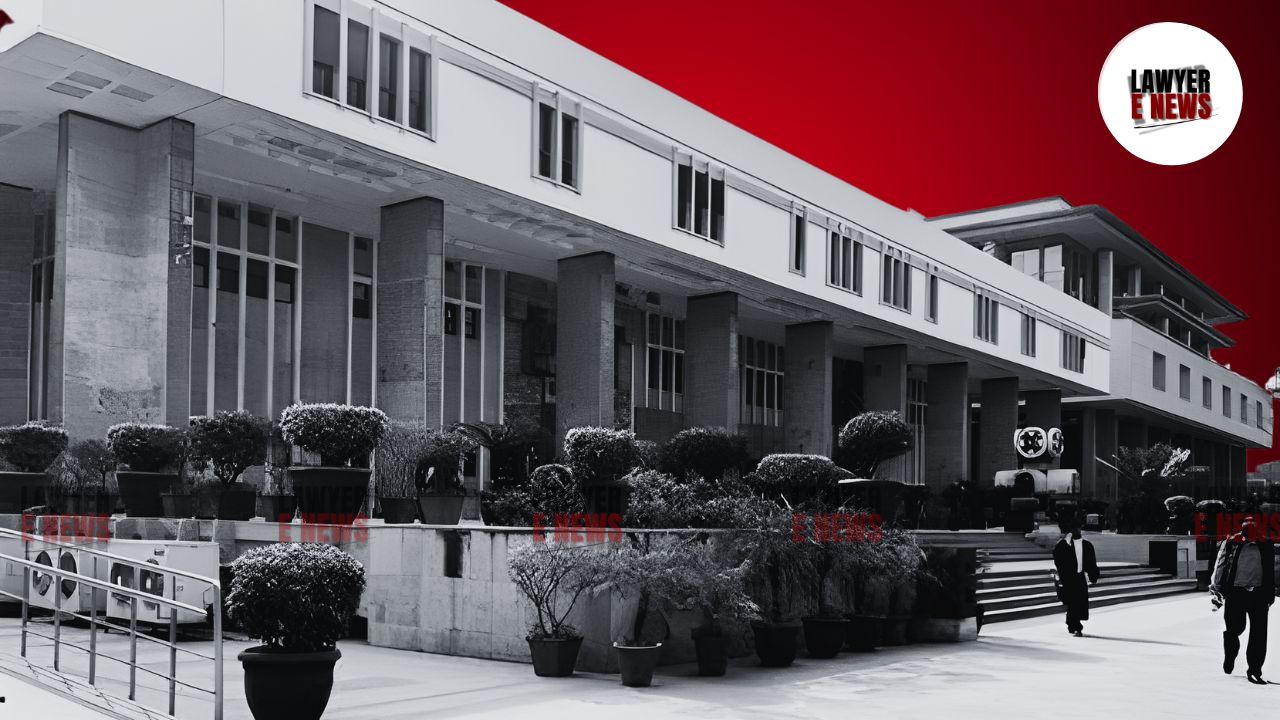-
by Admin
15 February 2026 5:35 AM



Delhi High Court delivered a significant ruling in the case of Director General Project Varsha v. Navayuga Van Oord JV. The appeal concerned an arbitral tribunal's order restraining the appellant from invoking bank guarantees issued by the respondent during the arbitration proceedings. The court set aside the tribunal’s decision, emphasizing that unconditional bank guarantees must be honored as per their terms unless there is evidence of egregious fraud, irretrievable injustice, or overwhelming special equities.
The appellant, Director General Project Varsha, sought to invoke several bank guarantees provided by the respondent, Navayuga Van Oord JV. The respondent approached the arbitral tribunal to restrain the invocation, arguing that special equities existed in their favor. The tribunal granted an injunction against the invocation, leading to the appellant challenging this decision under Section 37(2)(b) of the Arbitration and Conciliation Act, 1996.
The central legal issue revolved around the invocation of bank guarantees under Sections 17 and 37(2)(b) of the Arbitration and Conciliation Act, 1996. The appellant contended that the invocation must be made strictly in accordance with the terms of the bank guarantees. If the guarantees were unconditional, the appellant argued that injunction against invocation should only be granted in cases of egregious fraud, irretrievable injustice, or special equities. The respondent, on the other hand, argued for the restraining order on the grounds of non-compliance with the terms of the guarantees and the existence of special equities.
Invocation Requirements: The court noted that the bank guarantees in question were unconditional. It referred to precedents such as Himadri Chemicals and Vinitec Electronics, where the Supreme Court held that unconditional bank guarantees must be honored regardless of disputes between parties. The Delhi High Court emphasized that injunctions against such invocations are permissible only in exceptional cases involving egregious fraud, irretrievable injustice, or special equities. The court found that the letters of invocation by the appellant substantially met the requirements of the bank guarantees, which included references to termination notices detailing the respondent's breaches.
Tribunal's Error: The court observed that the tribunal had erred in its decision by focusing narrowly on specific paragraphs of the letters of invocation. The tribunal failed to consider that the letters included adequate references and met the stipulations of the bank guarantees.
Special Equities: Regarding the tribunal’s reliance on special equities to justify the injunction, the court held that such equities must be supported by empirical evidence. In this case, the tribunal's decision was based on alleged financial distress resulting from the invocation, but it lacked cogent evidence demonstrating irretrievable injustice or overwhelming special equities that could justify restraining the invocation.
The Delhi High Court set aside the arbitral tribunal's order, finding it unsustainable both in fact and in law. The court held that there was no valid basis for an injunction against the invocation of the bank guarantees, as the requirements of the guarantees were satisfied in the letters of invocation. Moreover, the court noted that restitution remains possible through arbitration, thus mitigating any irreparable harm to the respondent.
Date of Decision: September 17, 2024
Director General Project Varsha v. Navayuga Van Oord JV
